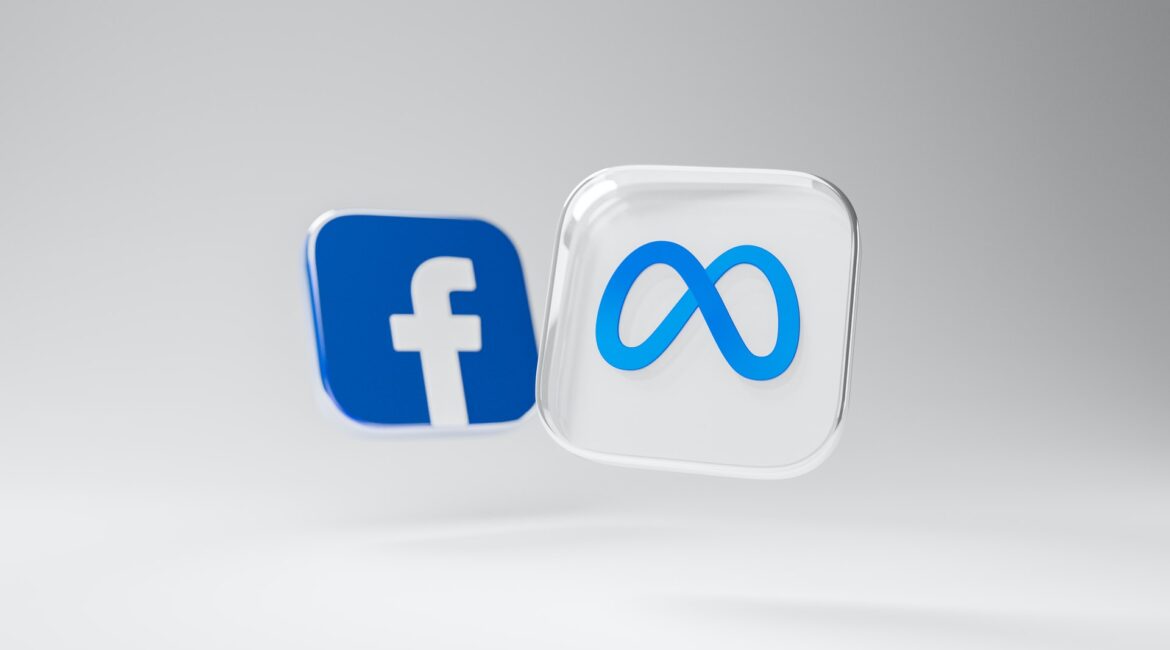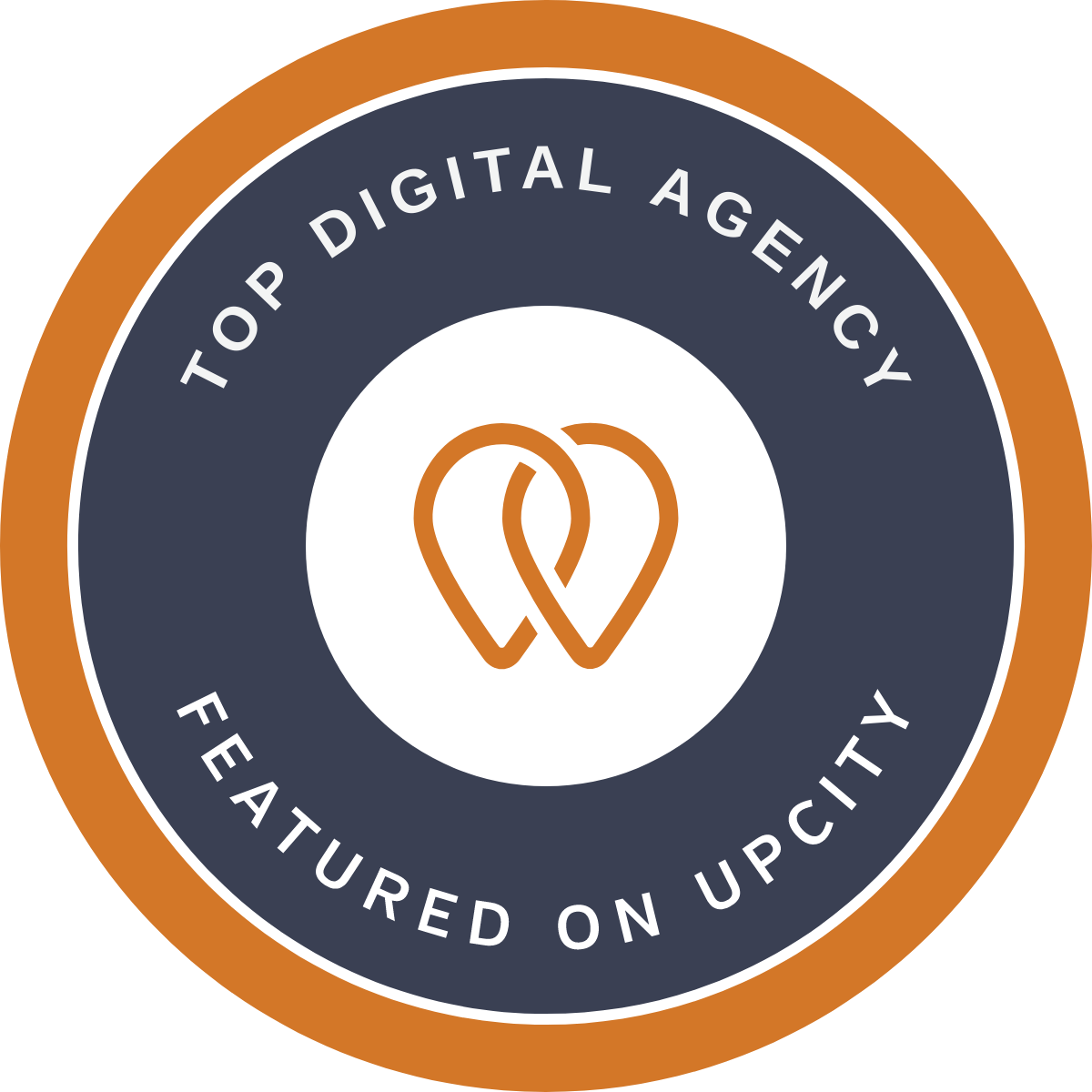Last year, during Connect 2021 on October 28, Facebook CEO Mark Zuckerberg surprised the world by announcing a company rebranding. Since that day, Facebook Inc. has rebranded as Meta Platforms, Inc.
It has now been almost five months since the rebranding. However, a lot of people are still unsure or confused about the reason behind the move and the changes it would bring — particularly for the social media marketing industry.
Here’s a quick recap on everything that happened since then and a primer on what you need to know about Meta.
The Company, Not the Platform
First of all, it is important to differentiate Facebook Inc., the company, from Facebook the social media platform. It is only the parent Facebook company that has rebranded to Meta. As we can all see, the social media app still keeps its name.
The only visible change and stark reminder of the Facebook Rebrand to Meta are the Meta name and logo showing up when we open the app.
The Reason Behind the Facebook Rebrand to Meta
The rebranding from Facebook — now Meta — is similar to Google’s corporate restructuring in 2015. Back then, the search engine became a subsidiary of its parent company, Alphabet. This move allowed Google to expand its operations outside of internet search and advertising, which helped it grow into the technology giant it is today.
According to Zuckerberg, the Facebook brand and platform represents only a part of the company’s operations and future endeavors. The Meta rebranding aims to encompass everything that the company does today and aims to build in the coming years.
The company’s mission to bring people together remains the same, though Meta plans to take it to the next level.
The name Meta comes from the company’s future key or representative product, the Metaverse. Meta aims to elevate people’s online experiences and connectivity using the shared online 3D virtual space of the metaverse.
Once fully realized, the immersive online virtual space of the metaverse would serve as a home space, office, and hang-out place that integrates with existing social media and connectivity options. It will also give users the freedom to create custom worlds and spaces — strikingly similar to the virtual reality (VR) depicted in the novel and movie, Ready Player One.
How The Metaverse May Affect Social Advertising
If the metaverse’s 3D VR world comes into fruition, it can drastically change the social media marketing and social media management landscape. It opens up the possibilities for VR billboards, VR product placement, virtual influencers, and much more.
However, right now, the changes Meta implemented are still minimal and within what is considered the norm. Below are two changes Meta has implemented since the rebranding:
- Removing audience targeting options. Effective January 19, this change applies to four ad campaign categories: health causes, sexual orientation, religious practices, and political beliefs or social issues.
- Increased control over ad exposure. Meta is providing users the option to see greater or fewer ads related to politics, parenting, pets, and alcohol, with controls over gambling and weight loss content coming in the future.
Navigating Through the Changing Industry
Pendragon Consulting is a top-rated and award-winning Pennsylvania social media marketing company. Our experts are here to help you understand the fast-changing digital landscape. Our team will guide you every step of the way to ensure your business grows and thrives.
Contact us today for expert social media management and digital marketing services.






Leave a reply